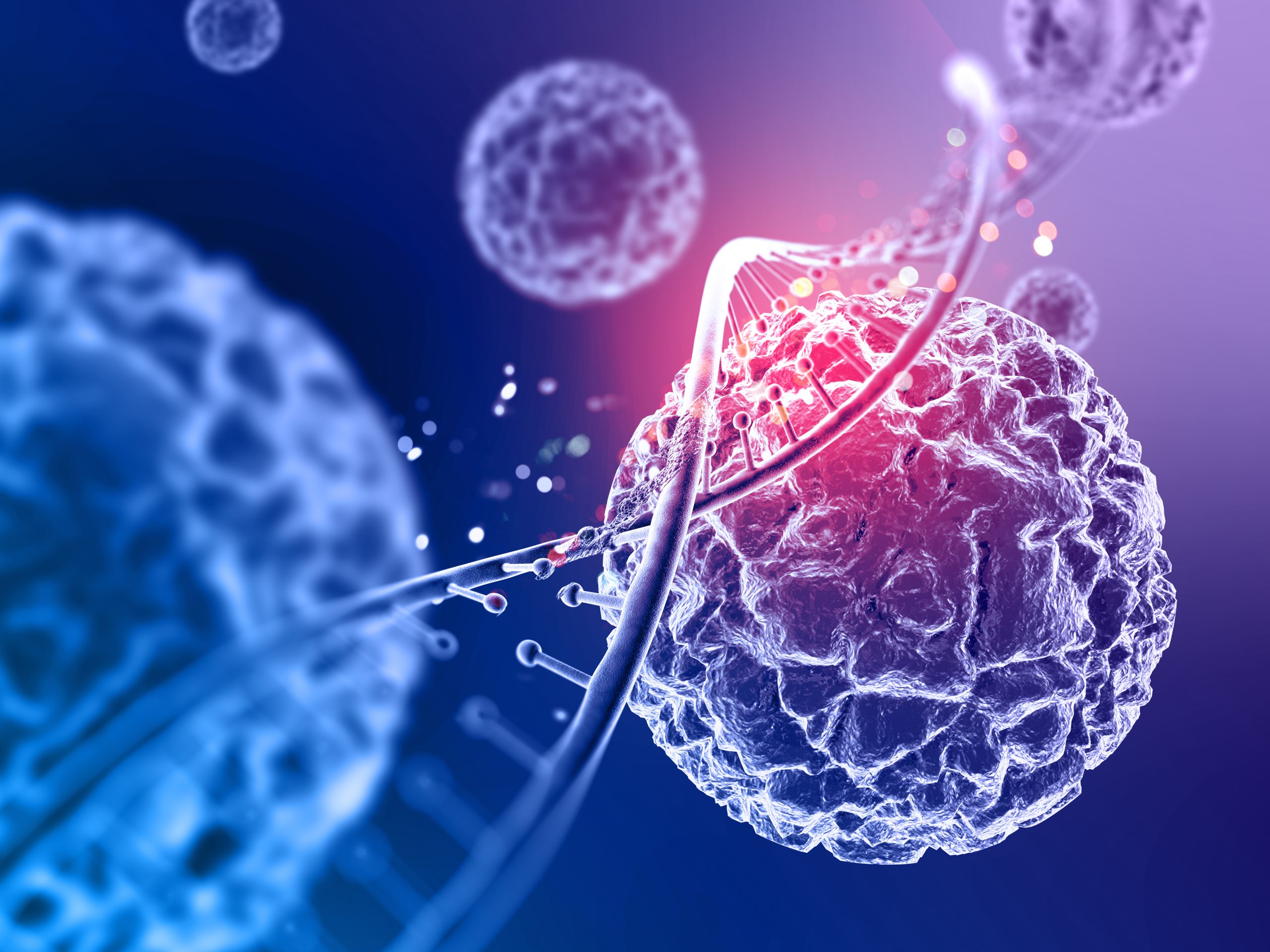Our bodies harbor a complex universe of microbes, the understanding of which has seen immense progress. This article explores a compelling aspect of this relationship: the connection between gut health and cancer. Discover the compelling research that reveals how our gut bacteria balance could influence not only cancer’s course but also the effectiveness of its therapies. Journey with us into the enthralling world of gut microbiota and its potential role in cancer management.
Cancer and the Gut Microbiome: A Decade of Discovery
Microbiome research, particularly its influence on tumor biology, has advanced significantly in the last twelve years. The microbiome can impact tumor growth directly, and indirectly through the immune system. It can even shape a person’s response to cancer treatments and predict disease progression. Future microbiome adjustments could enhance immunotherapies and reduce their toxicity. Studies indicate that a diverse microbiome improves immunotherapy results for skin cancer and increases survival chances for bone marrow transplant patients. Researchers are now investigating the impact of a healthy microbiome on various other cancers.
Unraveling the Colorectal Cancer and Gut Microbiome Connection
The gut microbiome has connections with multiple cancers, including colorectal cancer (CRC) – a prevalent global concern. The role of the microbiome in CRC development, progression, and response to therapies is pivotal. The bacterial composition, shaped by factors like geography, race, sex, and diet, can aid in early detection and treatment prediction for CRC. Gut microbiome could serve as a critical biomarker in personalized medicine for CRC patients.
The Gut Microbiome and Cancer Therapy: A Budding Understanding
There is ample evidence linking the gut microbiome to certain cancers, while new research explores its role in cancer therapy response. The microbiome’s ability to modulate the immune system makes cancer immunotherapy a hopeful avenue. There are growing insights into the microbiome’s impact on the effectiveness of cancer immunotherapy. Strategies to alter gut microbiota are currently in the works.
Our knowledge of the intricate interactions between the gut microbiome, cancer, immunity, nutrition, and medicine is an evolving blend of clinical trials, observational studies, and cancer biology. A refined understanding of these interactions could lead to innovative strategies for cancer prevention, effective patient categorization, and reduced treatment complications. Personalized cancer therapies of the future will likely concentrate on the gut microbiome.
Treatments like fecal microbiota transfer, where a positive responder’s stool is given to another patient, could enhance treatment response. Fecal transplants can be administered via a pill, colonoscopy infusion, or nasal infusion. Alternatively, beneficial microbes can be synthesized, encapsulated in a pill, and given to patients. Other strategies focus on eliminating specific gut microbes interfering with therapies.
Final Thoughts
Dietary modifications can influence the microbiome and its role in cancer treatments. Nourishing, fiber-rich foods, fresh fruits and vegetables can fuel beneficial gut bacteria – these are known as prebiotic foods. Consuming fermented foods like yogurt, sauerkraut, and kombucha, packed with probiotic bacteria, can replenish your gut microbiome. Prebiotic, probiotic, and postbiotic supplements are available for gut microbiome regulation during cancer treatment. However, consult your healthcare provider before making significant dietary changes or starting supplements, especially during cancer treatment.
Sources:
[1] https://www.frontiersin.org/articles/10.3389/fimmu.2021.622064/full
[2] Rebersek, M, et al. (2021) Gut microbiome and its role in colorectal cancer. BMC Cancer 21: 1325 https://doi.org/10.1186/s12885-021-09054-2
[3] K. A. Lee, M. K. Luong, H. Shaw, P. Nathan, V. Bataille and T. D. Spector (2021) The gut microbiome: what the oncologist ought to know. British Journal of Cancer 125: 1197–1209; https://doi.org/10.1038/s41416-021-01467-x
[4] Cheng WY, et al. (2020) The role of gut microbiota in cancer treatment: friend or foe? Gut; 69: 1867–1876. doi:10.1136/gutjnl-2020-321153
[5] Lia, W, et al. (2019) Gut microbiome and cancer immunotherapy. Cancer Letters, 447: 41-47, https://doi.org/10.1016/j.canlet.2019.01.015.
https://www.cancer.net/blog/2020-12/your-microbiome-and-cancer-what-know








